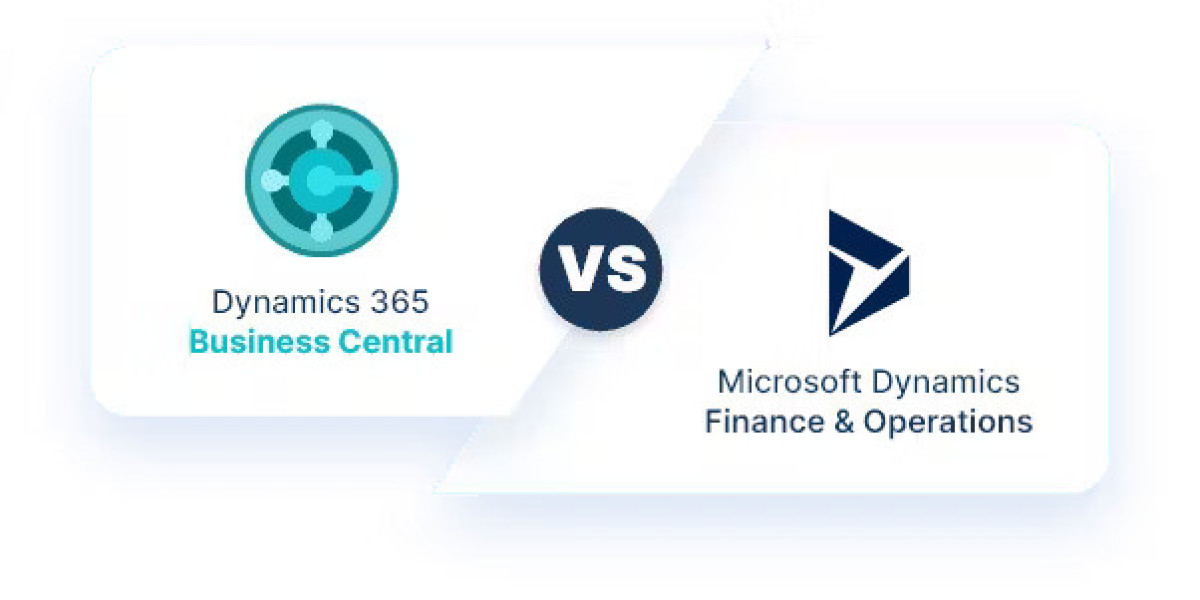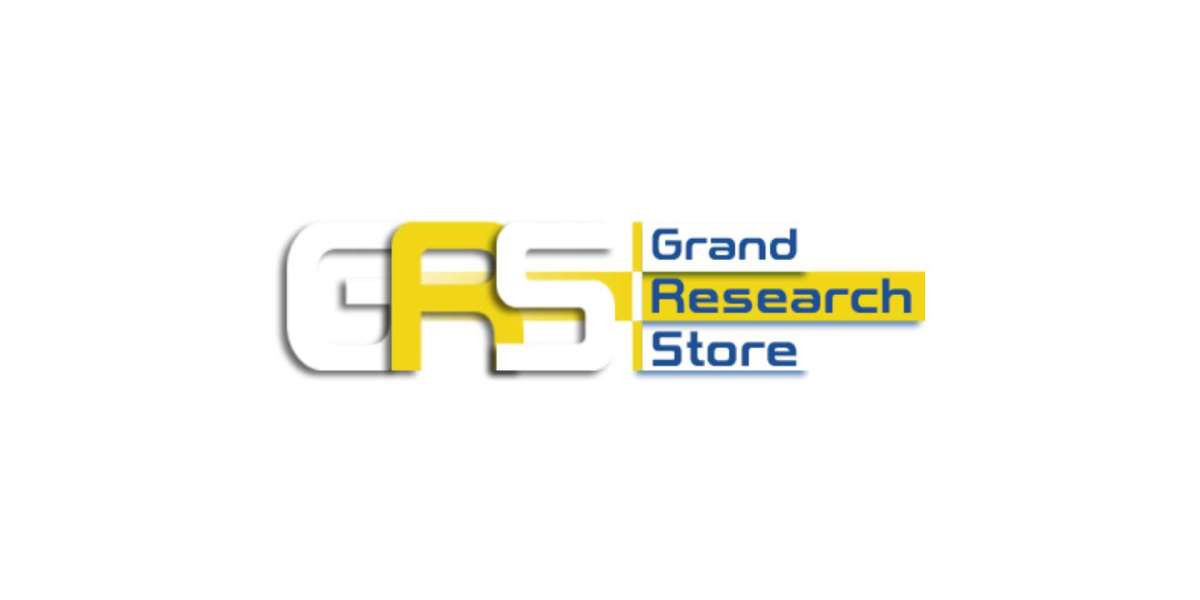In today’s fast-paced business environment, selecting the right enterprise resource planning (ERP) solution is crucial for streamlining operations, enhancing efficiency, and driving growth. Microsoft offers two powerful ERP solutions tailored to different business needs: Dynamics 365 Business Central and Dynamics 365 Finance and Operations. While both platforms are part of the Dynamics 365 suite, they serve distinct purposes and are designed for different types of organizations. In this blog post, we will explore the key differences between Dynamics 365 Business Central and Dynamics 365 Finance and Operations, helping you determine which solution is the best fit for your business.
Overview of Dynamics 365 Business Central
Dynamics 365 Business Central is an all-in-one business management solution aimed at small to medium-sized enterprises (SMEs). It integrates essential business functions such as finance, sales, service, and operations into a single, user-friendly platform.
Key Features of Business Central:
- Financial Management: Robust financial tools for budgeting, forecasting, and reporting.
- Sales and Customer Service: Streamlined processes for managing customer relationships and sales cycles.
- Project Management: Tools for planning, managing, and tracking projects.
- Supply Chain Management: Efficient inventory and warehouse management.
- Human Resources: Basic HR functionalities for managing employee information and payroll.
- Integration: Seamless integration with other Microsoft products like Office 365, Power BI, and Azure.
Benefits of Business Central:
- User-Friendly Interface: Intuitive and easy to navigate, making it accessible for users with varying levels of technical expertise.
- Cloud-Based Solution: Accessible from anywhere, providing flexibility and real-time data access.
- Scalability: Suitable for growing businesses, with the ability to scale features as needed.
- Cost-Effective: Subscription-based pricing model that reduces upfront costs.
Overview of Dynamics 365 Finance and Operations
Dynamics 365 Finance and Operations, on the other hand, is designed for larger enterprises with complex operational needs. It offers advanced capabilities for financial management, supply chain, manufacturing, and retail.
Key Features of Finance and Operations:
- Financial Management: Comprehensive financial tools for managing global finances, consolidations, and compliance.
- Manufacturing: Advanced manufacturing capabilities including production planning, scheduling, and quality management.
- Supply Chain Management: In-depth inventory management, warehouse operations, and logistics.
- Retail Management: Tools for managing retail operations, including POS, merchandising, and store management.
- Human Resources: Advanced HR management features, including talent management and performance tracking.
- Global Capabilities: Support for multi-currency, multi-language, and multi-entity operations.
Benefits of Finance and Operations:
- Advanced Functionality: Suited for enterprises with complex and diverse operational requirements.
- Scalability: Can handle large volumes of transactions and extensive data processing needs.
- Customization: Highly customizable to meet specific industry and organizational requirements.
- Integration: Deep integration with Microsoft’s broader ecosystem and other enterprise systems.
Key Differences Between Business Central and Finance and Operations
While both ERP solutions share a common goal of improving business efficiency, their differences lie in the scope, scale, and specific capabilities they offer:
- Target Audience:
- Business Central: Ideal for SMEs looking for an all-in-one, easy-to-use solution.
- Finance and Operations: Suited for larger enterprises with complex, large-scale operational needs.
- Functionality:
- Business Central: Focuses on providing a broad range of functionalities suitable for SMEs, including basic financials, sales, and operations management.
- Finance and Operations: Offers more advanced and comprehensive features, particularly in manufacturing, supply chain, and global financial management.
- Scalability:
- Business Central: Designed to scale with growing businesses, but may reach limitations as operations become more complex.
- Finance and Operations: Built to handle extensive and complex operations, making it highly scalable for large enterprises.
- Deployment Options:
- Business Central: Primarily a cloud-based solution, with options for on-premises or hybrid deployment.
- Finance and Operations: Available as a cloud-based solution, but can also be deployed on-premises or in a hybrid environment.
- Customization and Integration:
- Business Central: Offers customization and integration with other Microsoft products, but with some limitations compared to Finance and Operations.
- Finance and Operations: Highly customizable and capable of integrating with a wide range of third-party systems and services.
- Cost:
- Business Central: More cost-effective with a subscription-based pricing model, making it accessible for SMEs.
- Finance and Operations: Higher cost due to advanced features and scalability, suited for larger enterprises with bigger budgets.
Conclusion
Microsoft Dynamics 365 Business Central and Dynamics 365 Finance and Operations are both powerful ERP solutions, each tailored to different business needs. Business Central is ideal for small to medium-sized businesses looking for an all-in-one, user-friendly, and cost-effective solution. In contrast, Finance and Operations is designed for larger enterprises with complex, large-scale operational requirements, offering advanced functionality, scalability, and customization.
By carefully evaluating your business size, complexity, functional requirements, budget, and future growth plans, you can choose the ERP solution that best fits your organization’s needs. Partnering with an experienced implementation provider like Dynamics Square can further ensure a seamless transition and successful deployment, helping your business harness the full potential of these robust ERP solutions.



